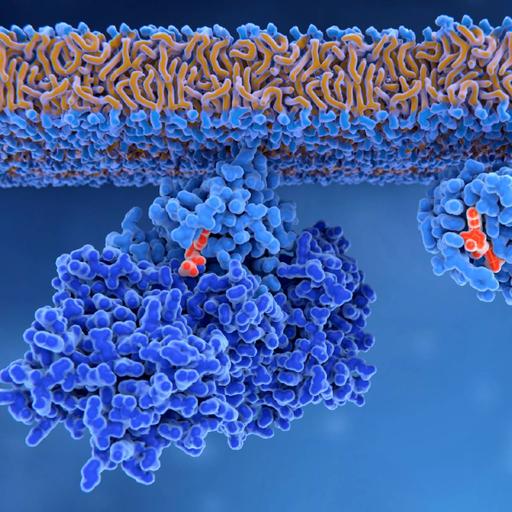Transduction
Presentations | English
Transduction is the process by which a virus transfers genetic material from one bacterium to another. There is no direct contact between the bacterial cells. Viruses called bacteriophages are able to infect bacterial cells and use them as hosts to make more viruses. After multiplying, these viruses assemble and occasionally remove a portion of the host cell's bacterial DNA. Later, when one of these bacteriophages infects a new host cell, this piece of bacterial DNA may be incorporated into the genome of the new host. There are two types of transduction: generalized and specialized. In generalized transduction, the bacteriophages can pick up any portion of the host's genome. In contrast, with specialized transduction, the bacteriophages pick up only specific portions of the host's DNA. Scientists have taken advantage of the transduction process to introduce stable genes of interest into various host cells using viruses. The other ways of genetic recombination in bacteria include transformation and conjugation.

17.50
Lumens
PPTX (35 Slides)
Transduction
Presentations | English
